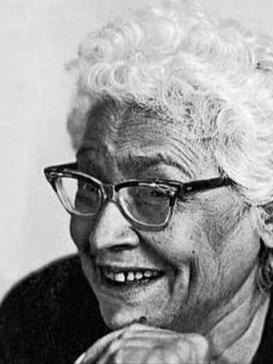Remembering Ismat Chughtai: A Fearless Voice Who Redefined Storytelling
By Amit Kumar

On this day (21 August) in 1915, Ismat Chughtai was born in Badaun, Uttar Pradesh a woman who
went on to become one of the most fearless and influential writers of 20th-century India. As we
mark her birth anniversary today, it is an occasion not just to celebrate her literary genius but also to
reflect on her unwavering courage to speak against silence.
Chughtai belonged to a generation where women’s voices were often pushed to the margins. Yet she
chose to write with rare honesty, breaking social taboos and compelling readers to confront
uncomfortable truths. Her stories laid bare the complexities of female desire, class discrimination,
and the suffocating hypocrisies of patriarchy. In doing so, she became a pioneer who gave voice to
subjects long buried behind closed doors.
Her short story Lihaaf remains one of the most talked-about pieces in Indian literature — not only for
the controversy it sparked but for the larger conversation it initiated around women’s inner lives.
Chughtai was tried for obscenity, but she fought her case with remarkable resilience and emerged
victorious, proving literature could not be silenced by regulation or moral policing.
Beyond Lihaaf, her vast body of work — novels like Terhi Lakir (The Crooked Line), numerous short
stories, and essays — reflected her commitment to realism and reform. She was an integral member
of the Progressive Writers’ Movement, standing shoulder to shoulder with contemporaries like
Saadat Hasan Manto, yet her voice retained an independence that was unmistakably hers.
What set Chughtai apart was her ability to weave empathy into rebellion. Her characters were
layered, flawed, and deeply human. She exposed societal stigmas, but always with wit, warmth, and
an unflinching gaze.
On her birth anniversary, we remember Ismat Chughtai not merely as a writer, but as an icon of
resistance — a woman who defied conventions and expanded the possibilities of storytelling in Urdu
and beyond. Her legacy continues to inspire, reminding us that words, when wielded with courage,
can challenge oppression and ignite change.
